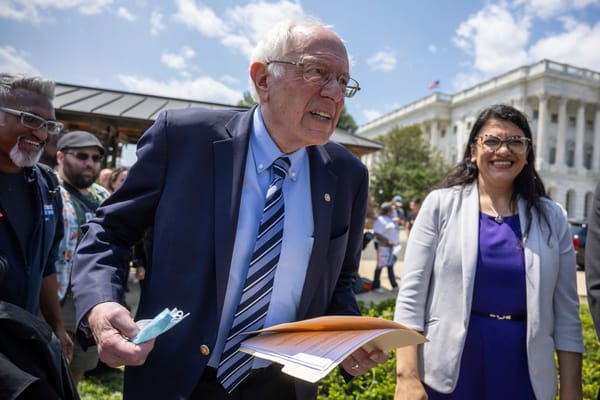In September 2019, the Democrats held a primary debate in Houston to help pick their next nominee for president of the United States. The event, like the campaign as a whole, was unusually charged; the crowded field met to fight over who might become the party’s challenger to Donald Trump, a president whose continued leadership was viewed by the Democratic activist class as an existential threat to the nation.
Central to the debate that night was the question of health care. The argument would have appeared comically left-leaning to Democrats from 2004 or 2008 or 2012: As a New York Times write-up of the candidates’ various positions noted at the time, the fundamental divide was between those who favored a single-payer system (aka Medicare for All) and those who called for a public option—that is, the addition of a federally administered plan to the insurance market (described by then-candidate Joe Biden as “Medicare for Those Who Want It”). It was all a testament to how far the party had evolved from the cautious, triangulating Clintonite vehicle it had been for decades.
These debates would prove in time to be almost entirely irrelevant. The nomination went to Biden, who ran as the sensible and unthreatening voice of wisdom—wisdom derived in part from having served as wingman to former President Barack Obama, whose own health reform was similar to a plan developed by the right-wing Heritage Foundation. Trump was defeated, the establishment Democrat ascended to the presidency, and the ObamaCare norm endured, without so much as a meaningful legislative push for change. That the current system remains hideously expensive compared to those in most countries, and still leaves millions uninsured, has proved insufficient to prompt change.
As a new, and potentially explosive, presidential contest gets underway, it’s worth asking: Whatever happened to progressive health-care reform?
